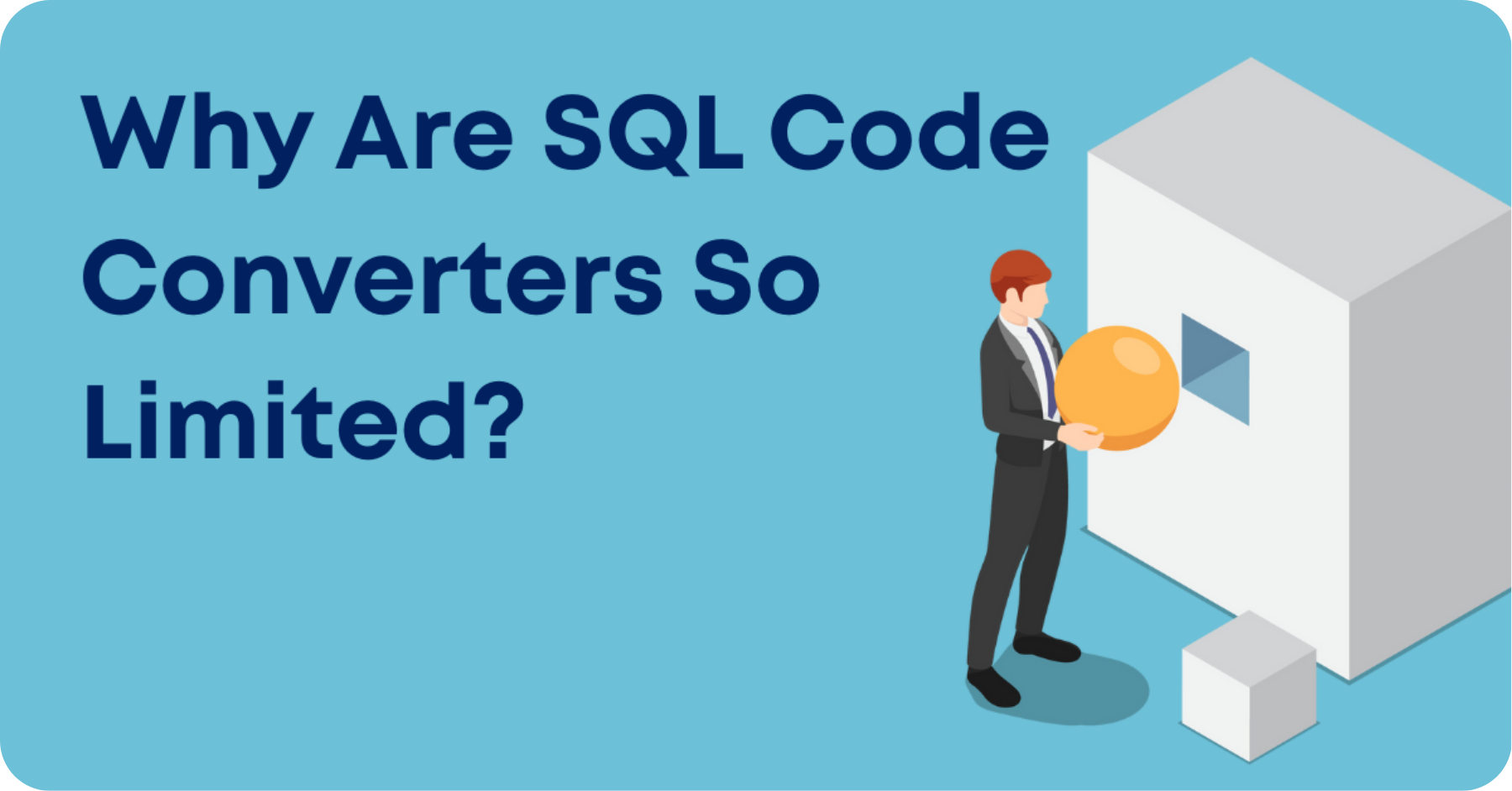This article was originally published in ComputerWeekly.
The days where Hyperscalers competed primarily for their customers’ compute and storage needs are numbered. Over the past years, enterprises started valuing deeply integrated services much more than the mere infrastructure-for-hire of the early days of public cloud.
As enterprises adopt the public cloud, managing data has emerged as a central theme. And with it, databases are catapulted into the limelight. That includes simple transactional systems and large, fully integrated enterprise data warehouse (EDW) systems.
The data focus and the integration with other services will elevate the role of databases even further. And given their pivotal role, databases might very well become the kingmakers in the cloud wars.
Data has enormous gravity — so has the database
IT professionals know this: over time, applications move toward the data. For one, there are practical considerations. Large amounts of data can’t be moved around easily. But there are also process obstacles. Data security policies and governance limit how data can be shared and disseminated throughout the business.
Data gravity is not an abstract concept, however. It translates directly into the gravity of database systems. That is to say, applications and business processes move toward the database systems that manage the data assets. The more valuable the data, the stronger the gravity.
For Hyperscalers, this creates an opportunity. By replatforming an enterprise’s on-premise to their cloud, they create a force that pulls applications increasingly onto their cloud.
It even creates a flywheel effect. The value—and the gravity—of cloud databases intensifies over time as more and more data is managed by the system: as more data is housed in a cloud database, more applications an enterprise will deploy on that database to process the data. Read the full article here.
About Mike Waas, CEO Datometry
Mike Waas founded Datometry with the vision of redefining enterprise data management. In the past, Mike held key engineering positions at Microsoft, Amazon, Greenplum, EMC, and Pivotal. He earned an M.S. in Computer Science from the University of Passau, Germany, and a Ph.D. in Computer Science from the University of Amsterdam, The Netherlands. Mike has co-authored over 35 peer-reviewed publications and has 20+ patents on data management to his name.


